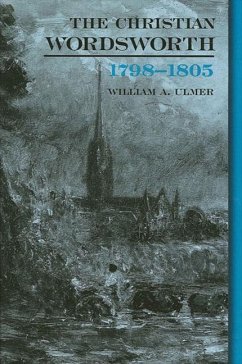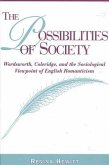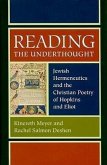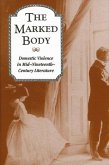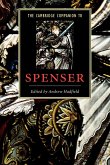Recent scholarship on the British Romantic poet William Wordsworth usually depicts him as a secular humanist during the years of his creative ascendancy. In The Christian Wordsworth, 1798-1805, William A. Ulmer challenges this consensus by arguing that Wordsworth never abandoned his faith in a supernatural Deity and that the poet's theism included important Christian sympathies as early as 1798. By tracing the changes in Wordsworth's religious beliefs--from the early secular period to the later Anglican period--Ulmer reconstructs the strategic indirections by which the poet's faith shapes his major poems. In readings of The Ruined Cottage, the Pedlar narrative, "Tintern Abbey," the Prospectus, the Ode, The Prelude, and other texts, Ulmer presents a poet increasingly determined to stage the prophetic revelations of his poems against carefully established Christian backgrounds. Through this revisionary traditionalism, Wordsworth attempts to preserve England's Christian heritage by adapting it to modern needs. Revisionary in its own right, Ulmer's book provides an innovative perspective on Romantic natural supernaturalism and on William Wordsworth's religious poetics and intellectual development.
Hinweis: Dieser Artikel kann nur an eine deutsche Lieferadresse ausgeliefert werden.
Hinweis: Dieser Artikel kann nur an eine deutsche Lieferadresse ausgeliefert werden.

